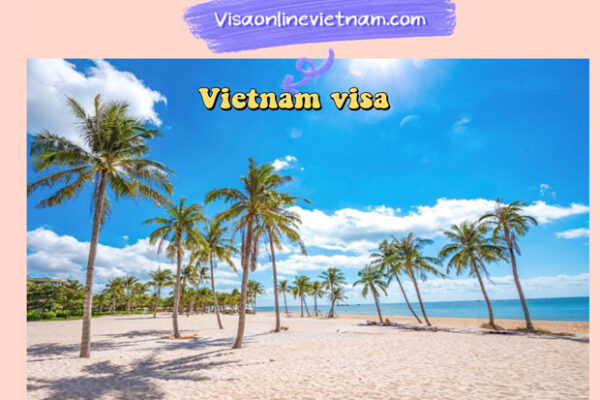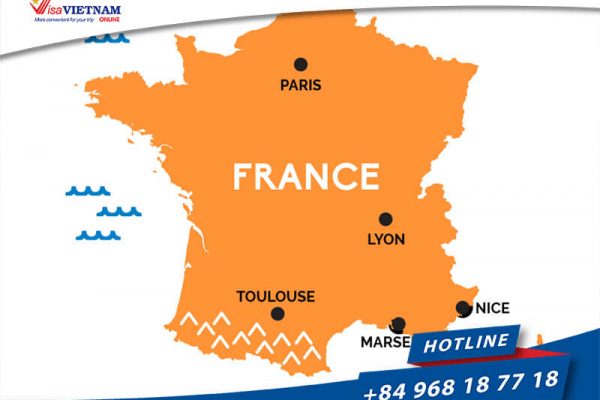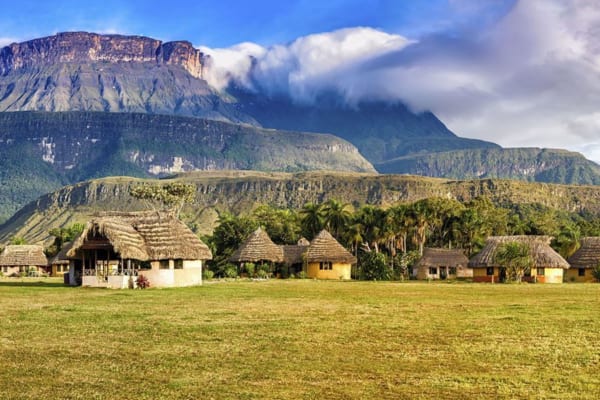Are you planning a trip to Vietnam? Then one of the first things you need to do is get your visa. While some countries have a visa exemption for certain nationalities, most visitors to Vietnam will need a visa. And with that comes the question of how much it will cost. In this article, we will break down the different fees associated with a Vietnam visa and provide you with all the necessary information to make the process smoother.
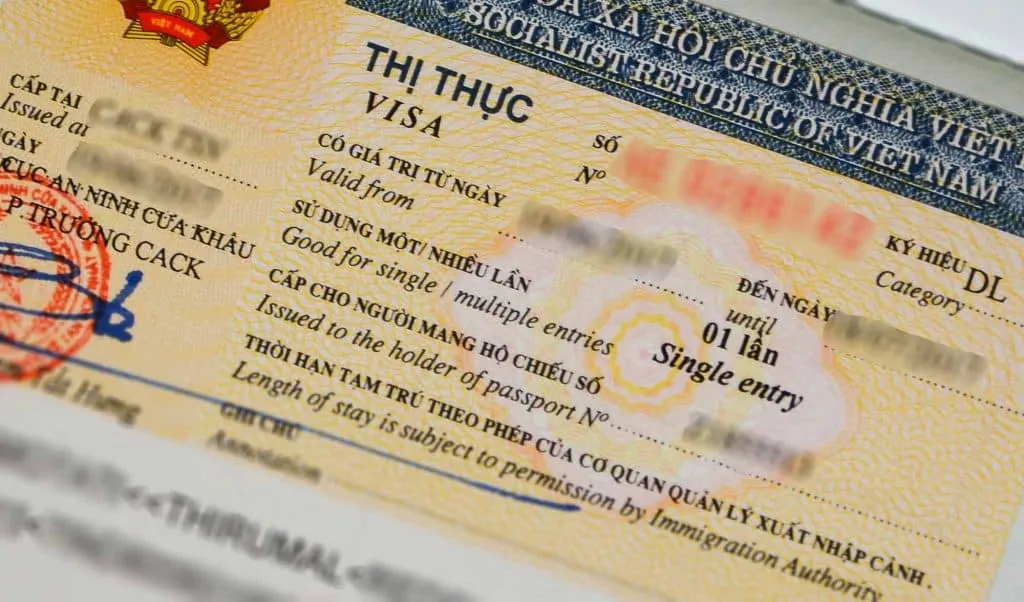
Table of Contents
Vietnam E Visa Fee
The e-visa has become a popular option for travelers to Vietnam in recent years. It is an electronic visa that is applied for online and eliminates the need to visit a Vietnamese embassy or consulate. But what about the fee? The Vietnam e-visa fee is $25 for single entry and valid for 30 days. However, there are some additional fees that may apply depending on your nationality, such as a service fee charged by the payment platform or a stamping fee upon arrival.
Vietnam Visa Application Fee
If you decide to go with a traditional visa application through the embassy or consulate, you will also need to pay a fee. The application fee varies depending on the type of visa you are applying for and your country of origin. For example, the fee for a single-entry tourist visa for US citizens is $25, while it is $50 for Canadian citizens. It is always best to check with the nearest Vietnamese embassy or consulate for the latest fee information.
Vietnam E Visa Stamping Fee
Once you have obtained your e-visa, you will still need to pay a stamping fee upon arrival in Vietnam. This fee is paid at the airport and allows you to officially enter the country. The stamping fee for an e-visa is $25 for single entry, $50 for multiple entries up to 3 months, and $95 for multiple entries up to 6 months. It is important to note that this fee is only applicable to those entering Vietnam by air. If you are arriving by land or sea, the stamping fee may vary.
Vietnam Visa Fee on Arrival
The visa on arrival option is available for those who do not have a Vietnamese embassy or consulate in their home country. It is also commonly used by tourists who are already traveling and do not have time to obtain a visa before arriving in Vietnam. The visa on arrival fee includes both the visa approval letter (which you will need to present at the airport) and the stamping fee. This fee ranges from $25 to $135 depending on the type of visa and your nationality. It is recommended to use a reputable travel agency to arrange your visa on arrival to avoid any scams.
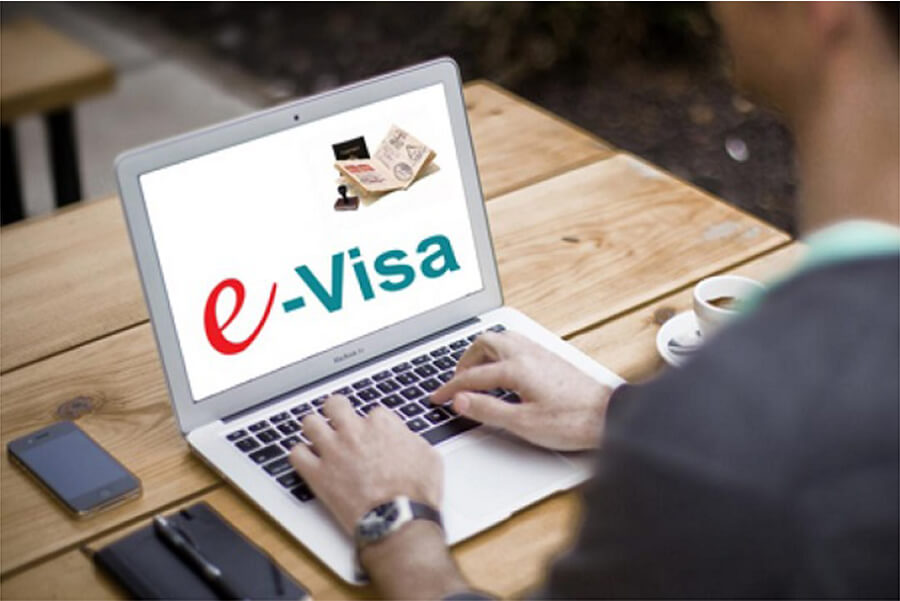
Visa Fee of Vietnam: What You Need to Know
Now that we have broken down the different fees associated with a Vietnam visa, let’s delve into some frequently asked questions to further clarify the process.
What is the difference between an e-visa, visa on arrival, and traditional visa application?
An e-visa is applied for online and eliminates the need for a physical visit to the embassy or consulate. Visa on arrival is arranged through a travel agency and allows you to pick up your visa at the airport upon arrival. A traditional visa application requires you to physically go to the embassy or consulate to submit your documents and collect your visa.
What is the processing time for a Vietnam visa?
The processing time for an e-visa is around 3 days, while a visa on arrival can be obtained within 2-3 business days. For a traditional visa application, it may take up to 5 business days depending on your country of origin and the current processing times at the embassy or consulate.
Can I extend my visa once in Vietnam?
Yes, it is possible to extend your visa while in Vietnam. The extension fee varies depending on the type of visa, and it is best to contact an immigration office for more information.
Are there any additional fees I should be aware of?
Some payment platforms may charge a service fee for processing your visa application. Additionally, if you apply for a visa on arrival, you may need to pay for transportation to the airport and have US dollars on hand to pay the stamping fee upon arrival.
What happens if my visa is rejected?
If your visa is rejected, you will not receive a refund of the visa fee. It is essential to carefully fill out the application and provide all necessary documents to minimize the risk of rejection.

Conclusion
Obtaining a visa is an essential step in planning any trip to Vietnam. While the fees associated with the visa may seem daunting, it is crucial to consider them as part of your travel budget. We hope this article has provided you with all the necessary information regarding Vietnam visa fees. Remember to always check with the nearest embassy or consulate for up-to-date information and use a reputable agency if opting for a visa on arrival. Happy travels!

